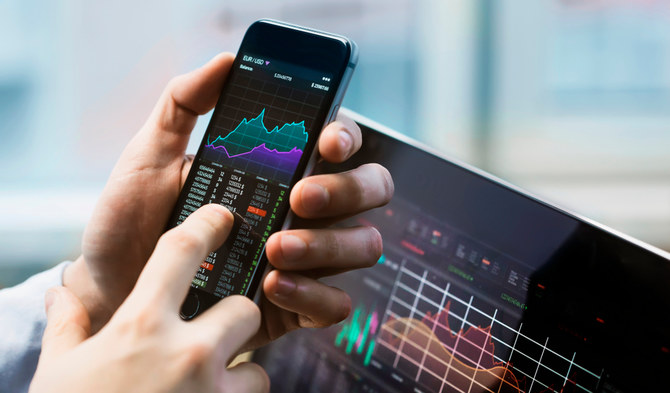NEW YORK: Stocks in the US and Europe turned lower Friday ahead of a speech by the Federal Reserve chair that could more shed light on the potential for more interest rate hikes, according to Reuters.
The DAX in Frankfurt fell 0.3 percent while the CAC 40 in Paris slipped 0.1 percent. The FTSE in London held onto a slight gain. Earlier, markets in Tokyo and Hong Kong advanced while Shanghai declined.
In the US, futures for all three major indexes declined, with the S&P 500 down 0.3 percent. The benchmark index gained 1.4 percent Thursday.
The focus is on Jerome Powell’s speech at the Fed’s annual Jackson Hole meeting later Friday. Investors and economists will be turning over his remarks for any clues about how fast the Fed may continue to raise its key interest rate — and for how long.
Traders worry the Fed’s rate hikes this year, plus increases by central banks in Europe and Asia, might derail global growth. Some expect the Fed to reverse course and start cutting rates in 2023 due to signs the US economy might be cooling.
“The Fed could start thinking about a pause in rate hikes, potentially for the end of the year,” Thomas Costerg of Pictet said in a report. “However, it is still too early to talk about rate cuts.”
Global markets have swung between optimism about stronger corporate profits and unease about possible recession risks.
On Thursday, the US government reported the economy didn’t contract by as much as previously thought during the spring. It shrank 0.6 percent on an annualized basis, the government said, less than the previous 0.9 percent estimate.
The Fed’s Jackson Hole meeting in Wyoming, which attracts economists from around the world, has been the setting for market-defining announcements in the past.
Investors are hoping for clarity from Powell after a number of Fed officials said they still supported rate hikes despite hopes inflation might be peaking.
In energy markets, benchmark US crude gained $1.13 to $93.65 per barrel in electronic trading on the New York Mercantile Exchange. Brent crude, the price basis for international trading, advanced $1.26 to $99.75 per barrel in London.

























